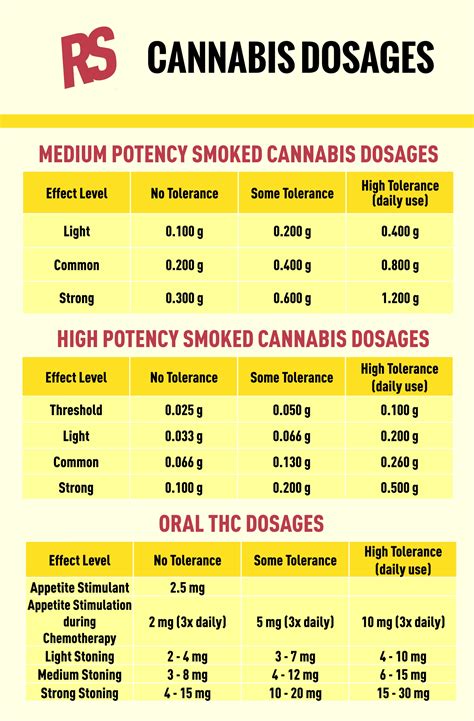Wondering if you’ve been using cannabis, or are in the presence of someone who has? Here are some common signs and symptoms to look for:

Physical Signs:
- Bloodshot or glassy eyes
- Dilated pupils
- Dry mouth
- Increased heart rate
- Decreased coordination
- Difficulty concentrating
- Changes in body temperature (feeling hot or cold)
- Increased appetite (known as “the munchies”)
- Reddened skin
Behavioral Signs:
- Giggling or laughing uncontrollably
- Talking excessively or rapidly
- Appearing confused or disoriented
- Difficulty following conversations
- Impaired judgment
- Poor decision-making
- Paranoia or anxiety
- Slowed reaction times
Cognitive Signs:
- Impaired short-term memory
- Difficulty remembering things
- Saying the same things repeatedly
- Struggling to solve problems or make decisions
- Difficulty multitasking
- Reduced inhibitions
Time Frame:
The effects of cannabis use typically onset within 15-30 minutes and can last for 2-6 hours. In some cases, the effects may be felt for up to 24 hours.
Factors Affecting High:
The intensity and duration of a cannabis high can vary based on several factors, including:
- The potency of the cannabis
- The amount of cannabis consumed
- The method of consumption (smoking, vaping, edibles)
- The user’s individual tolerance
- The user’s metabolism
Health Effects of Cannabis Use:
While cannabis use is generally considered safe for adults, there are potential health risks associated with its use, including:
- Increased risk of respiratory problems
- Cardiovascular complications
- Impaired cognitive function
- Increased risk of mental health issues
- Negative impact on fertility and pregnancy
Legal Considerations:
The legality of cannabis use varies by jurisdiction. It is important to check the laws in your area before using or possessing cannabis.
| Physical Signs | Behavioral Signs | Cognitive Signs |
|---|---|---|
| Bloodshot eyes | Giggling or laughing uncontrollably | Impaired short-term memory |
| Dilated pupils | Talking excessively or rapidly | Difficulty remembering things |
| Dry mouth | Appearing confused or disoriented | Saying the same things repeatedly |
| Increased heart rate | Difficulty following conversations | Struggling to solve problems or make decisions |
| Decreased coordination | Impaired judgment | Difficulty multitasking |
| Difficulty concentrating | Poor decision-making | Reduced inhibitions |
| Changes in body temperature | Paranoia or anxiety | |
| Increased appetite | Slowed reaction times | |
| Reddened skin |
| Factor | Effect |
|---|---|
| Potency of the cannabis | Higher potency cannabis typically produces a more intense and longer-lasting high |
| Amount of cannabis consumed | Consuming more cannabis typically results in a more intense and longer-lasting high |
| Method of consumption | Smoking or vaping cannabis typically produces a more intense and shorter-lasting high than edibles |
| User’s individual tolerance | Users who are new to cannabis or who have a low tolerance may experience a more intense and longer-lasting high |
| User’s metabolism | Users who have a fast metabolism may experience a shorter-lasting high |
| Health Risk | Description |
|---|---|
| Respiratory problems | Cannabis smoke can irritate the lungs and airways, leading to coughing, wheezing, and other respiratory issues |
| Cardiovascular complications | Heavy cannabis use can increase heart rate and blood pressure, and may contribute to heart disease and stroke |
| Impaired cognitive function | Cannabis use can impair memory, attention, and problem-solving abilities, especially in younger users |
| Increased risk of mental health issues | Cannabis use may increase the risk of developing or worsening mental health conditions, such as anxiety, depression, and psychosis |
| Negative impact on fertility and pregnancy | Cannabis use may reduce sperm count and damage sperm quality, and can also cause birth defects in pregnant women |
| Jurisdiction | Legal Status |
|---|---|
| United States | Legal for recreational use in some states, but illegal at the federal level |
| Canada | Legal for recreational and medical use |
| United Kingdom | Illegal for both recreational and medical use |
| France | Legal for medical use only |
| Australia | Legal for medical use in some states and territories |
1. How can I tell if I’m high?
Refer to the list of signs and symptoms provided in the article.
2. How long does a cannabis high last?
Typically 2-6 hours, but effects may be felt for up to 24 hours.
3. What are the potential risks of cannabis use?
Refer to Table 3 for potential health risks of cannabis use.
4. Is it legal to use cannabis in my area?
Check the laws in your jurisdiction before using or possessing cannabis.
5. What should I do if I think someone is high?
Observe the person closely and contact medical help if necessary.
6. What are the benefits of using cannabis?
Some research suggests cannabis may have potential therapeutic benefits for certain medical conditions, such as chronic pain, multiple sclerosis, and nausea.
7. How can I reduce the intensity of a cannabis high?
Drink plenty of fluids, eat a healthy snack, and engage in calming activities, such as listening to music or taking a bath.
8. What is the difference between THC and CBD?
THC (tetrahydrocannabinol) is the psychoactive compound in cannabis that produces the “high” feeling. CBD (cannabidiol) is a non-psychoactive compound that has potential therapeutic benefits.
